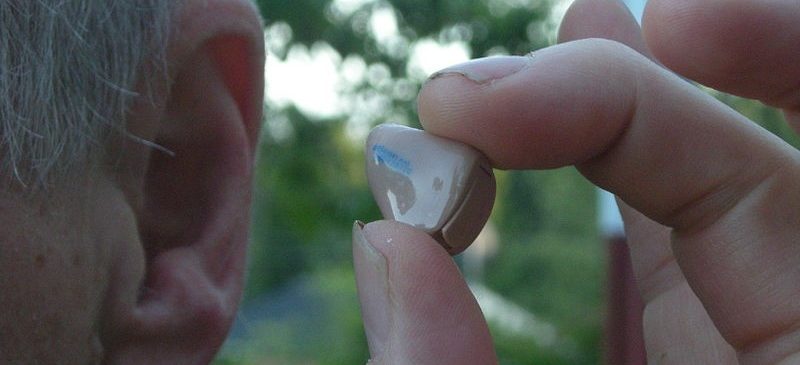Around one in six Australians are affected by hearing loss. However with a rapidly ageing population, that figure is expected to rise to one in four by 2050, according to the Access Economics 2006 report, Listen Hear! The economic impact and cost of hearing loss in Australia. The same study showed that nearly thirty percent of adults between the ages of 51-60 suffered some hearing loss with the percentage rising to 58 percent in the 61-70 age group and 74 percent for those aged above 71.
Clearly hearing impairment is one of the key problems associated with ageing, which usually begins with an inability to hear high frequencies as well as before. However, this can — depending on the severity of the hearing loss — be mitigated by wearing hearing aids. But which type and model to select?
At Hearing Loss Specialists we offer a free Hearing Test and Hearing Aid Consultation service, where we will help you to select the best type of hearing aid for your hearing loss. There are a variety of models and styles available and selecting the right one is important in getting the results you want.
With this in mind, below are some of the questions your hearing loss specialist will talk through with you about your hearing aid options after your hearing test.
Can I fine tune the hearing aid? Automatically or manual?
Many hearing aids come with adjustments that allow you to change the device settings depending on your surroundings. For example, you may find yourself in a crowded room with lots of background voices. Sophisticated devices will allow you to change the setting to focusing the hearing aid on one person or sound. Directional and omnidirectional microphones — and the range of channels — will enable you to fine tune the signals you are receiving through the device depending on your environment. While this has traditionally been a manual adjustment, many newer models now have the ability to adjust to settings automatically without user intervention, making background noise reduction and focusing easy.
How powerful is the device?
While most of the smaller, inconspicuous hearing aid models that are inserted in the ear (ITE) work well, there can be some trade off with performance. In some cases the instrument may not be powerful enough for your hearing requirements, so for those with more severe hearing loss, a small ITE device may not be suitable. Your audiologist will discuss with you the extent of your hearing loss and suggest the correct device for your needs.
How visible is the device?
If you have mild hearing loss and require just a little help with the clarity of sounds, you may wish to opt for an instrument that fits either completely in the canal or mostly within the ear canal. These are invisible (or nearly so) to the observer and fit neatly into the ear, amplifying the sound while remaining out of sight. However, as mentioned above these might not be suitable for your hearing loss, so you may need to find a compromise between a slightly bigger or more visible hearing aid, like a behind the ear (BTE) aid for a more powerful audio result.
Does it have wireless connectivity?
In an age of connectivity, wireless connection may be of increasing importance to users. Being able to hear clearly on the latest smartphones, the television, or a laptop is becoming an integral part of our daily lives. Many hearing aids now offer this wireless connectivity through Bluetooth and wireless coil to give you access to these important parts of our everyday lives.
Hearing loss is often an unavoidable part of ageing, however with the right hearing aid, you can manage your condition to great effect. Finding the right hearing aid for your needs is very important for improving your quality of life. Once you have decided to obtain hearing aids, make sure that you talk to your Hearing Loss Specialist to discover the right style and power that you will require. Not only will we be able to diagnose the extent of your hearing loss, but we will also suggest styles and advise on those devices that will work best for you.
Get in touch with us today to book your FREE hearing test and consultation.
Image: In the Ear hearing aid. Credit: Jonas Bergsten.



